Improving your credit score on your own can be a daunting task. One of America’s three major bureaus, Experian, set out on a quest to make that easier. The result – Experian Boost, a completely free feature that lets users connect their cell phone and utility payments to their credit report. That potentially raises the credit score, which is a significant plus in these uncertain times. But what are the other pros and possible cons? We compiled this Experian Boost review so you can find out.
It’s worth noting, though, that you will always fare better in the murky financial waters if you have an experienced credit analyst by your side.
The Idea
Building up a credit score can be excruciatingly hard if you are just starting on your road to financial independence. Experian made Boost with thin-file customers in mind – citizens who don’t have much experience with credit. Their other target group is people who suffered financial difficulties and want to repair their credit score.
The great thing about Experian Boost is that it displays responsible financial behavior that is not usually seen in your credit report. Bureaus don’t usually calculate utility and cell phone payments into your score, but Boost changes this. That way, the data is calculated into your FICO score and can lead to its spike.
How Does Experian Boost Work?
To use Boost, consumers have to sign up for free on Experian’s website and give Experian and their data partner permission to view their online bank accounts. That means consumers have to connect the bank accounts they use to pay their bills. When Experian’s data partner scans the bank account transactions, they can single out the cell phone, utility, and streaming payments. Users then get the option of verifying the data and confirming that they want to add it to their Experian credit report. The move instantly changes their FICO score.
We already listed a lot of advantages of the Boost feature in this Experian Boost review, but two other notable ones are:
● You don’t have to qualify for Boost.
● Boost counts positive payment history only. Late payments don’t go to your report. That is especially great, seeing how usually both on-time and late payments show up on reports.
● Experian Boost pulls up positive payment entries from as far back as two years.
● The feature sends free credit monitoring alerts when your Experian credit account changes. A change can happen when a new account opens or your balance updates.
What Payment Information Goes Into the Experian Report?
As we have said, Boost adds positive entries to your Experian account. Boost can be a good starting point if you want to see your credit score go from fair to good.
Although free and aimed at young people as well, Boost requires consumers to have a minimum of one active credit account to sign up. For example – a personal loan or credit card.

Some of the eligible utility, phone, and streaming payments that can be added are:
● Mobile phone payments
● Landline payments
● Water, gas, and electric payments
● Power and solar power payments
● Streaming service payments (Netflix, Hulu, Disney+, HBO)
● And others.
Should I Use Experian Boost?
There are many pros to the Boost feature which we have talked about in this Experian Boost review. Young people or those getting back on their feet may repair their credit score this way.
However, bear in mind that the above-listed benefits only apply to your Experian credit report. The U.S. has three major credit bureaus – Experian, TransUnion, and Equifax. The positive payments that Experian Boost calculates into your Experian credit score will not change your final score on TransUnion, and Equifax reports. So when you apply for a loan, creditors can take a look at your payment history – on any one of the three credit reports. Your chances of qualifying for a loan or credit card, and getting a favorable interest rate, may not change if the creditor peeks at your TransUnion or Equifax reports.
Some lenders are not familiar (or pretend to be unfamiliar) with this new product. So pay close attention to your credit score. Check if they have interpreted your utility and cell phone data as part of your debt.
Finally, it is worth repeating that some people may not like allowing a third-party data partner to rummage through their financial history.
If you need tradelines to boost your score, visit tradelinenetwork.com
